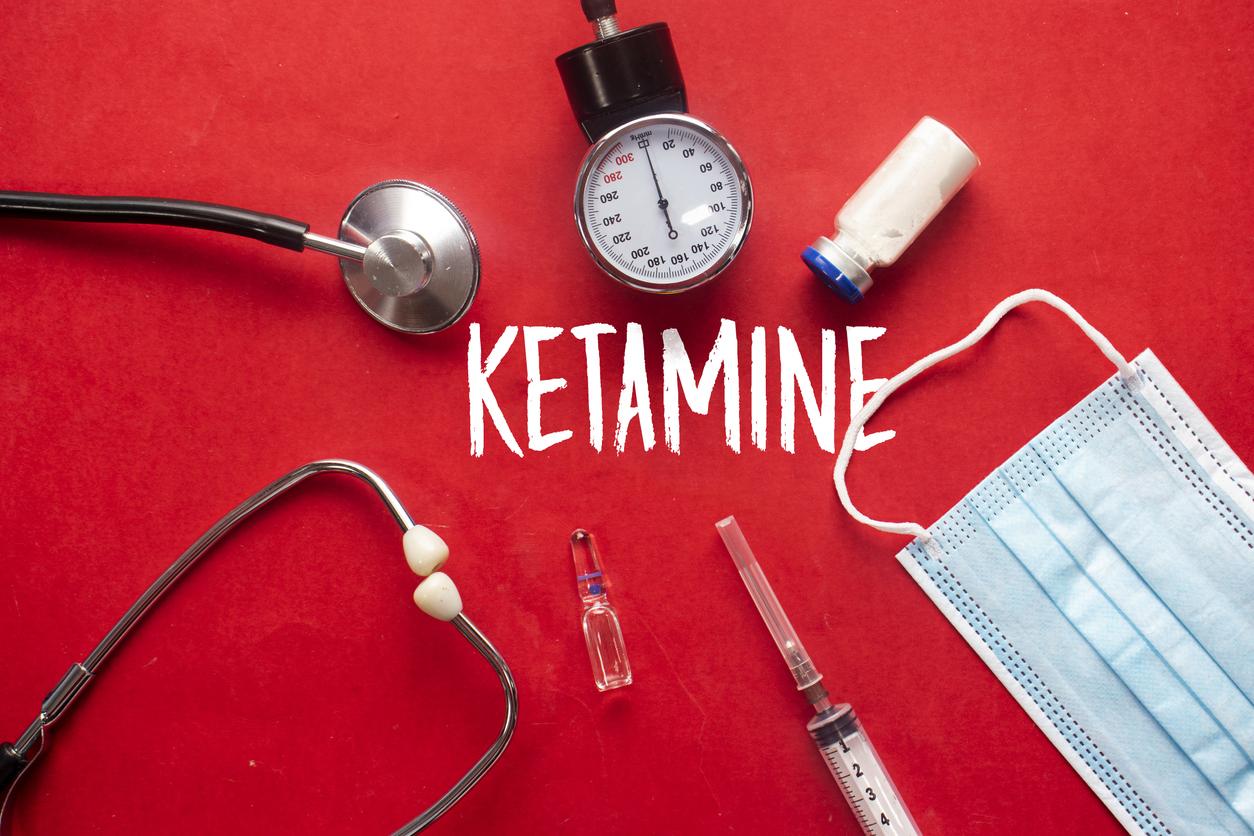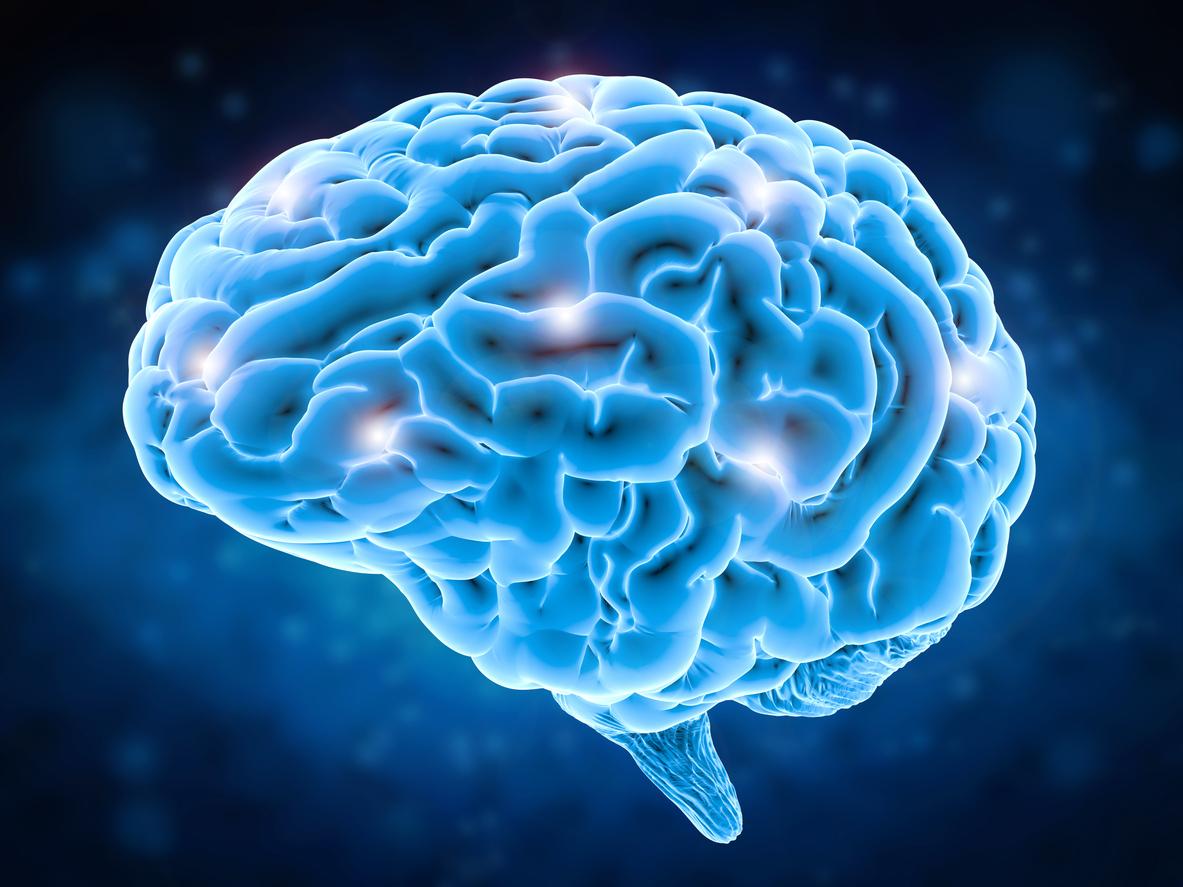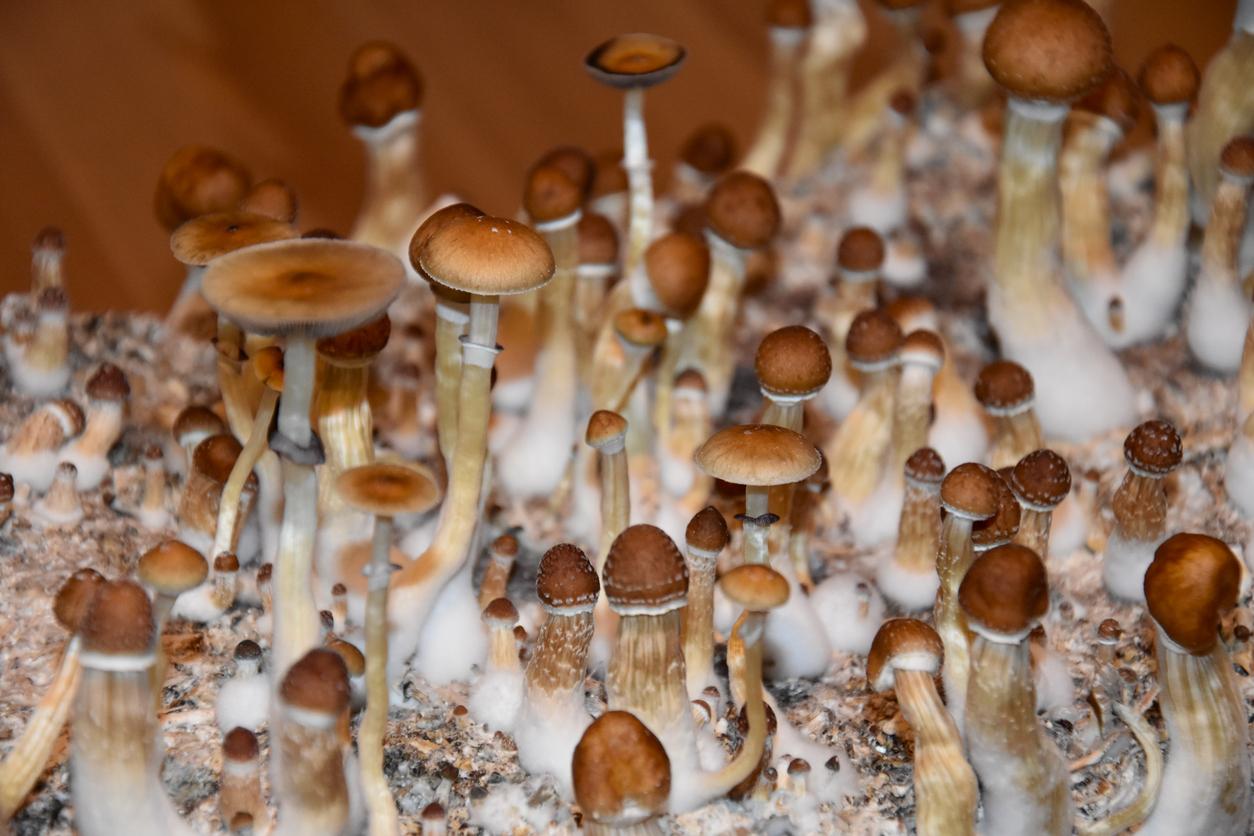A study reveals a surprising link between early sexual intercourse and the development of depression.

- Having first sexual intercourse early in life promotes depression.
- This causal link remains mysterious for the moment.
- Depressive disorder affects all ages of life.
In a recent study published in the Journal of Affective Disorders, researchers sought to understand whether there was a cause and effect relationship between certain sexual behaviors and major depressive disorder (MDD).
To do this, the researchers focused on two specific factors: early sexual intercourse and the number of sexual partners a person has.
A causal effect of early sex on depression
The results of the study revealed a surprising link: early sexual intercourse, especially between the ages of 12 and 14, would be associated with the development of major depressive disorder.
It would therefore seem that delaying the age of first sexual intercourse could have a protective effect against the development of depression. Indeed, each additional year of delay in age at first intercourse was associated with a 6% reduction in the risk of MDD.
A complex relationship
Despite these promising results, the causal relationship between early sexual activity and depression remains complex. It is possible that people predisposed to mental illnesses are more likely to engage in early sexual activity, or that early sexual activity makes individuals vulnerable to mental illnesses. Additionally, other unknown factors could potentially influence both sexual activity and susceptibility to depression.
To better understand this relationship, further studies will be needed, taking into account various factors such as family environment, social influences and individual characteristics.
In-depth, data-driven analysis
To arrive at these results, Zhe Lu and his team used databases from the UK Biobank and the Psychiatric Genomics Consortium. The study focused on a sample of 406,457 people for the analysis of the age of first sexual intercourse and a sample of 378,882 people for the analysis of the number of sexual partners throughout life.
The researchers used an analysis technique known as Mendelian randomization, which identifies potential causal relationships by exploiting natural genetic variation.

Depressive disorder: a major impact on the patient’s life
Depressive disorder affects all ages of life. It concerns about 15 to 20% of the general population. It results in numerous symptoms – including pathological sadness and loss of pleasure – with a major impact on the life of the patient and those around him. The risk of suicide is particularly high and concerns 10 to 20% of these patients.

















